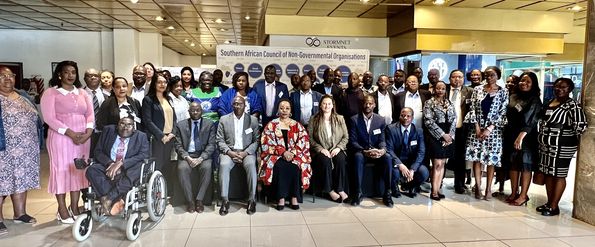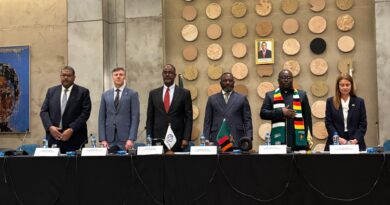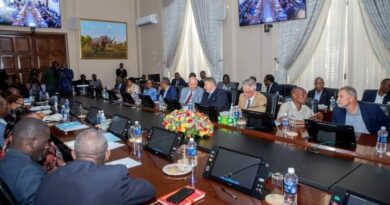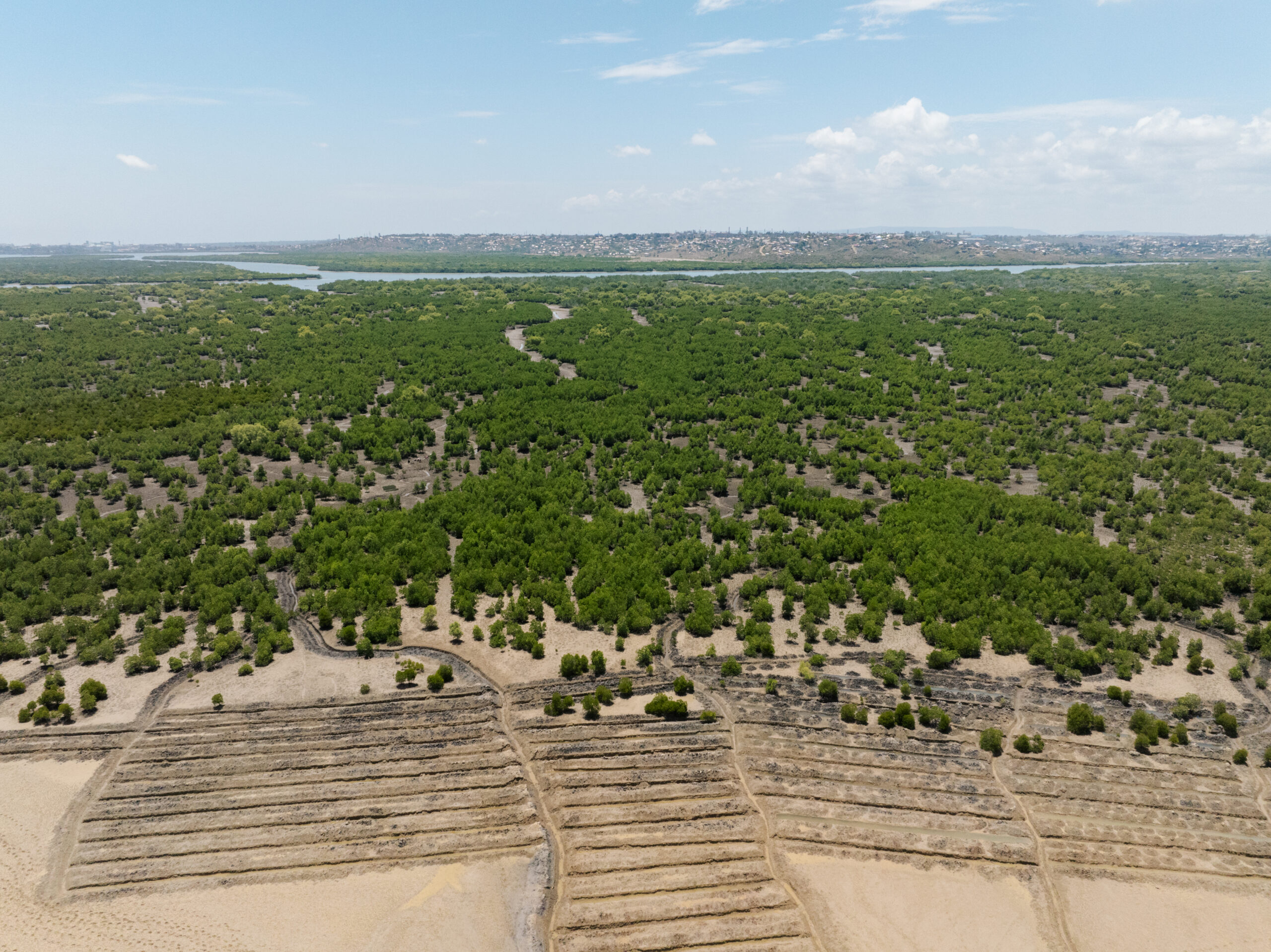SADC Non-State Actors Discuss Operationalisation of Engagement Mechanism at Capacity-Building Workshop
The Southern African Development Community (SADC) has taken a significant step towards strengthening collaboration between regional governance structures and non-state actors (NSAs) by hosting a Capacity-Building Workshop in Harare, Zimbabwe.
The event, held from 11th to 12th August 2024, was organised in partnership with the Regional Non-State Actors (NSA) Technical Working Group and supported by the European Union (EU).
The workshop focused on discussing the modalities for the operationalisation of the SADC Mechanism for Engaging with Non-State Actors, a crucial framework aimed at enhancing the role of NSAs in the regional integration agenda. This Mechanism, approved by the SADC Council of Ministers in August 2022, serves as a formal bridge between SADC structures and NSAs, enabling more coordinated and effective participation of civil society in regional governance.
In her keynote address, Ms. Angele Makombo N’Tumba, the SADC Deputy Executive Secretary for Regional Integration, highlighted the historical importance of this initiative. She emphasised that, while NSAs have long been recognised as vital partners in regional development, the absence of a formal engagement framework has limited their influence.
“This workshop marks a significant step in our journey towards institutionalising NSA participation in SADC processes. It is a recognition of the critical role that civil society plays in shaping policies, monitoring implementation, and ensuring accountability within our regional structures,” said Ms. Makombo N’Tumba.
The workshop was convened in the wake of the SADC Accreditation Guidelines for Engagement with NSAs, which were approved in March 2024. These guidelines set out the criteria for NSA accreditation, the application process, and the governance arrangements necessary for managing NSA participation in SADC activities.
During the workshop, stakeholders from across the region engaged in in-depth discussions on these guidelines, focusing on their implementation and the practical challenges that might arise during the pilot phase.
Ms. Makombo N’Tumba further noted that the SADC Mechanism for Engaging with NSAs is not just a bureaucratic exercise but a transformative approach that aims to harmonise the efforts of NSAs with regional priorities.
“The Mechanism is designed to enhance coordination, align strategies, and ensure that the voices of all stakeholders are heard in the regional decision-making process. This is about building capacity, fostering partnerships, and ensuring that the integration process is inclusive and representative of the diverse interests within our region,” she said.
The workshop also featured remarks from Mr. Simao Tila, President of the Southern Africa Council of Non-Governmental Organisations (SAf-CNGO), who underscored the importance of unity and collaboration among NGOs in the region.
Mr. Tila highlighted SAf-CNGO’s role as a platform for dialogue and coordination among civil society organisations, which are pivotal in addressing the region’s most pressing challenges, such as health disparities, climate change, governance, and poverty.
“Today’s engagement emphasises the need for renewed commitment to unity and collaboration as we explore effective strategies towards realising ‘The SADC We Want’. We must strengthen our efforts to work together, share knowledge, and present a united front in tackling the issues that matter most to our communities,” Mr. Tila urged.
He also reaffirmed the role of NGOs in creating a supportive environment for civil society participation, stressing that meaningful dialogue and strategic coordination are key to addressing the region’s challenges. “We must continue to build a platform that allows for effective collaboration and problem-solving, ensuring that civil society remains a powerful force in shaping the future of our region,” Mr. Tila added.
Adding to the discourse, Ms. Lourdes Chamorro, Head of the Political, Press, and Information Section at the European Union Delegation in Zimbabwe, praised the workshop as a milestone in fostering stronger ties between SADC and non-state actors. She encouraged participants to leverage the workshop to devise strategies for enhancing cooperation with governments and advancing the regional integration and governance agenda.
“I am privileged to deliver remarks at the opening of this important event, which aims to strengthen the engagement between SADC and non-state actors and civil society organisations. The EU has long recognised the value of collaboration, both externally and within regions. We believe that sustainable and equitable socio-economic development can only be achieved through closer regional integration and strong inter-regional partnerships,” Ms. Chamorro stated.
She highlighted the EU’s continued support for SADC through the Extended Integrated Capacity Building (EICB) programme, which includes a EUR 2.5 million initiative aimed at facilitating ongoing dialogue between SADC, NSAs, and civil society organisations.
“This programme represents our commitment to fostering a more inclusive and participatory approach to regional governance, ensuring that the voices of all stakeholders are heard and that their contributions are valued,” she added.
The workshop also included a range of interactive sessions, such as peer-learning and information-sharing from other regions across Africa. Participants engaged in discussions on the Draft Framework on Operational Modalities (Constitution) of the NSAs Forum and explored thematic clusters crucial to regional development.
A key highlight was the introduction and demonstration of an online NSA Registration and Accreditation Portal, designed to streamline the accreditation process and enhance user experience.
The workshop concluded with a call for continued collaboration and commitment to implementing the SADC Mechanism for Engaging with Non-State Actors.
Source: SADC



